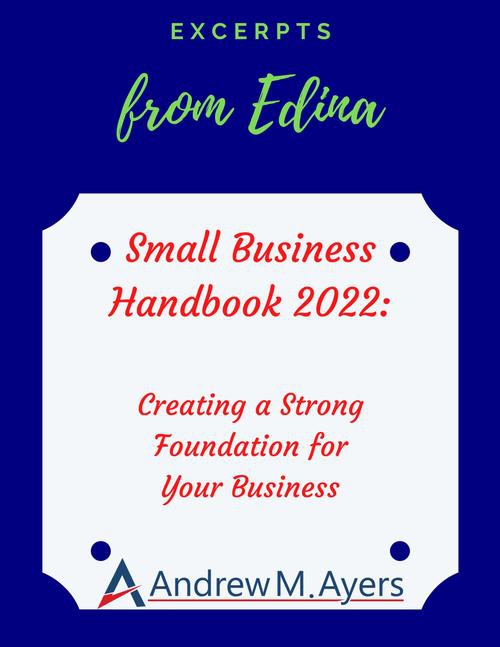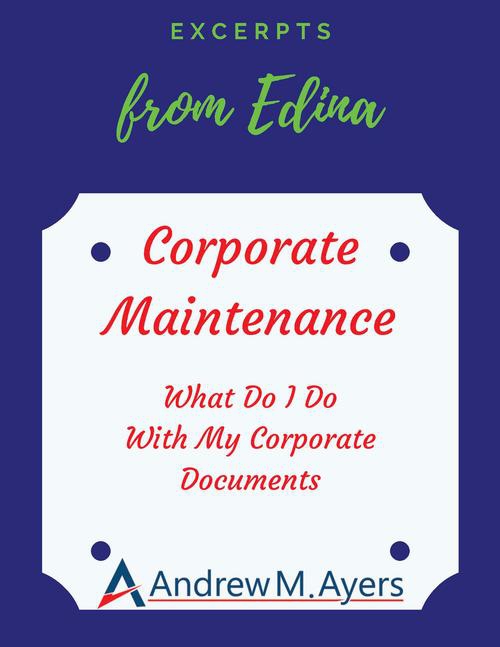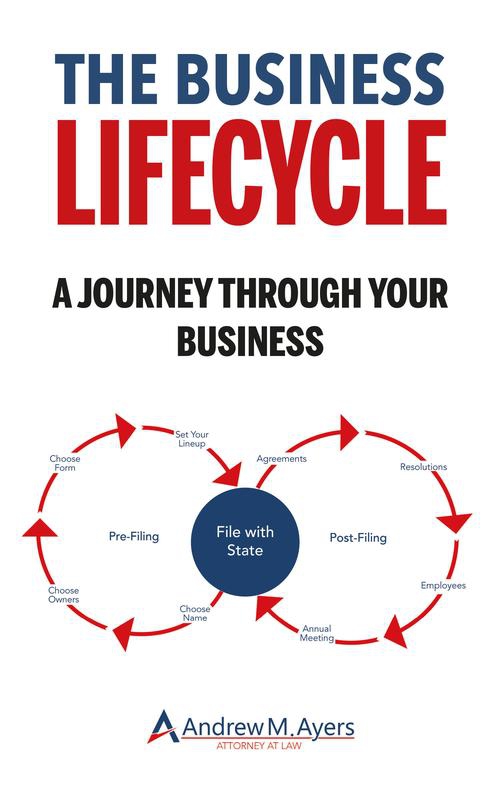 When it comes to business fraud, it is common that you'll see a big named business or brand hit the front page of the news stories if they've committed some kind of wrong and the people who were harmed believe they were victims of some type of fraud. In many situations, if you're running a business and you've got people who feel they have been wronged, they will accuse you of committing fraud, even though the real source of the problem is a breach of contract or a different business cause of action.
When it comes to business fraud, it is common that you'll see a big named business or brand hit the front page of the news stories if they've committed some kind of wrong and the people who were harmed believe they were victims of some type of fraud. In many situations, if you're running a business and you've got people who feel they have been wronged, they will accuse you of committing fraud, even though the real source of the problem is a breach of contract or a different business cause of action.
In a technical sense, "fraud" is a deceptive practice that involves misrepresentation or concealment of information to deceive another person with the intention of gaining an advantage. It is a serious offense that can cause significant harm to individuals or businesses and can take many forms, including financial fraud, securities fraud, insurance fraud, and more. This is often why it will land a business or individual on the front page of the news when a lawsuit for fraud has been filed.
If you or your business has been sued for fraud, the first step is to take a step back and examine what the nature of the claims are. It helps first to determine whether it is a criminal charge for fraud, in which case you want to make sure to talk to a criminal defense attorney immediately, or whether it is a civil cause of action for fraud, in which case a business litigation attorney is likely your next conversation.
What is a Cause of Action for Fraud?
** As a preliminary disclaimer, I am not a criminal attorney and will not be addressing criminal fraud charges. If you have been charged with criminal fraud, you need to make sure to speak to the appropriate attorney right away. **
A civil cause of action for fraud is a legal claim that is normally brought by a victim of fraud. The purpose of this claim is to seek compensation for the harm that has been caused by the fraudulent conduct. The victim may seek damages for financial losses, emotional distress, and other harm that has resulted from the fraud.
To establish a cause of action for fraud, the victim must prove that the perpetrator engaged in fraudulent conduct. This typically involves showing that the perpetrator made false statements or engaged in other deceptive practices that led the victim to take actions that caused harm. Depending on the nature of the claims, the case can be filed in your local state court or can be filed in U.S. federal court as well. If you are the party who is filing a case based upon fraud, it's important to discuss with an attorney which court is the appropriate venue for your lawsuit.
Elements of Fraud
Generally, to establish a cause of action for fraud, the victim must prove the following elements:
-
Misrepresentation or concealment of a material fact: The perpetrator must have made a false statement or concealed a material fact with the intent to deceive the victim.
-
Intent to deceive: The perpetrator must have had the intention to deceive the victim with the false statement or concealment of the material fact.
-
Reliance: The victim must have relied on the false statement or concealment of the material fact in taking an action that caused harm.
-
Harm: The victim must have suffered harm as a result of the false statement or concealment of the material fact.
Proving these elements can be challenging, and it is essential to work with an experienced attorney who can help you build a strong case.
Remedies for Fraud
If you have been a victim of fraud, there are several remedies that may be available to you. These remedies can include:
-
Damages: The victim may be entitled to compensation for financial losses, emotional distress, and other harm that has resulted from the fraud.
-
Rescission: Rescission is a remedy that cancels a contract and restores the parties to their pre-contractual position. This remedy may be available if the victim was induced to enter into a contract through fraudulent conduct.
-
Punitive damages: In some cases, the court may award punitive damages to punish the perpetrator for their fraudulent conduct.
-
Injunctive relief: Injunctive relief is a court order that requires the perpetrator to stop engaging in fraudulent conduct or take other actions to remedy the harm caused by the fraud.
If you have been a victim of fraud or if you or your business have been sued on a cause of action for fraud, it is important to work with an experienced attorney who can help you understand your legal options and build a strong case. An attorney can help you gather evidence, negotiate with the perpetrator or their legal team, and represent you in court if necessary.
Do I Need a Business Attorney?
If you or your business needs help with a fraud claim, it's important that you talk to a business attorney. Let's schedule a Legal Strategy Session online or by calling my Edina, Minnesota office at (612) 294-6982 or my New York City office at (646) 847-3560. My office will be happy to find a convenient time for us to have a phone call to review the best options and next steps for you and your business.





